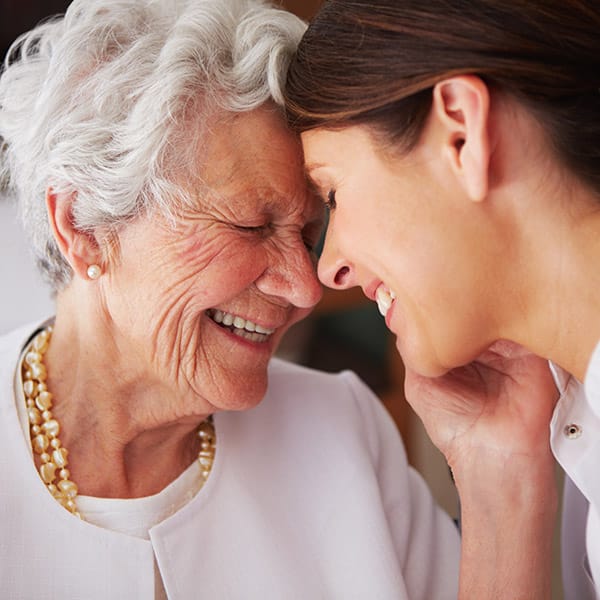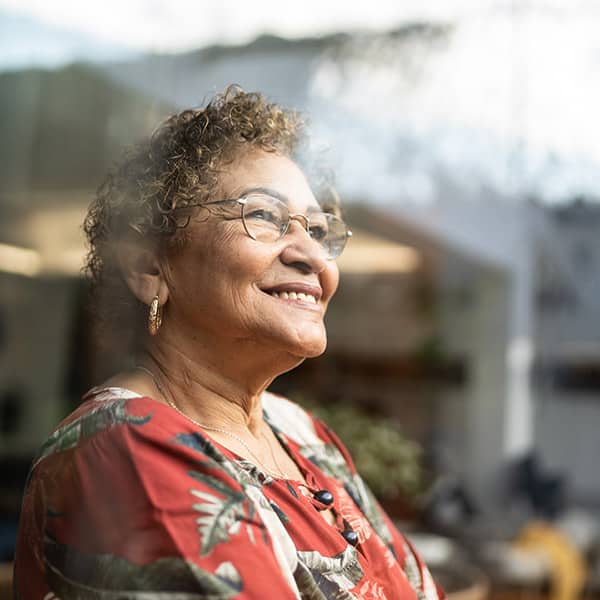Community Paramedic
Keeping you home and healthy.

Community Paramedic Program
Our Certified Community Paramedics take a proactive approach to healthcare by visiting people’s homes to help them live healthier lives, rather than just responding to emergencies. Their goal is to keep individuals at home and healthy by providing services such as taking vital signs, changing dressings, administering lab tests, following up on hospital orders, and managing medications.

Follow-Up Care
Community Paramedics may play a key role in providing follow–up services after a hospital discharge to prevent hospital re-admission. The Community Paramedic supports the patient’s treatment plan providing home safety assessments, health assessments, chronic disease monitoring and education, medication management, immunizations and vaccinations, and laboratory specimen collection. The Community Paramedic works in collaboration with CRMC providers to support the continuity of care across all departments.
Primary Care
Scheduled Visits
Community Paramedics provide scheduled home visits to any patients whose provider determines it would be beneficial, those with chronic conditions requiring frequent testing and assessments, and individuals recovering from surgery. These visits are arranged through doctor’s offices and clinics to help prevent costly emergency department treatments.
With a simple call from a primary care physician or a referral from the emergency department, surgery center, or inpatient team, a Community Paramedic can conduct lab tests, take vital signs, perform general assessments, or follow up on hospital discharge orders. Equipped with medical training, years of experience, and a respectful approach to entering people’s homes, paramedics possess a unique skill set for this type of care.
During each shift, Community Paramedics follow up with patients who were identified by their provider as needing additional support. They provide essential non-emergency healthcare services in the home, such as changing dressings, wrapping knees, and even scheduling clinic visits.
Comprehensive Visits
In addition to providing healthcare services, Community Paramedics conduct comprehensive safety surveys in patients’ homes. They assess for trip hazards, ensure proper and easy access inside and outside the home, and check for the availability of meals. They also inform patients about helpful local resources.
Community Paramedics receive further education on chronic disease management, medication compliance, and home safety, including fall risk and dizziness balance assessments. They are trained to implement instructions from primary care providers.
As part of their 300-hour training curriculum, Community Paramedics map health needs in underserved areas, with rural populations often facing challenges in accessing healthcare. While patients may be able to manage their daily needs, transportation to a doctor or clinic can be difficult. Community Paramedics coordinate care with providers to reduce unnecessary visits to the healthcare facility, when possible.
These visits are provided at no cost to the patient.
Qualifying Patients
Anyone who needs assistance can be referred for this service.
Following are the most common diagnoses.
- Asthma
- Chronic Obstructive Pulmonary Disease (COPD)
- Congestive Heart Failure (CHF)
- Diabetes
- Pneumonia
- Post Operative (ortho or otherwise)
- Renal insufficiency or failure
- Those who take multiple prescription medications
Anyone who may benefit from Community Paramedic services can be referred by their CRMC provider.
Treatments & Interventions
- Assessment of kidney status
- Assessment of respiratory status
- Comprehensive assessment of home medical equipment
- Comprehensive patient assessments
- Coordinate communication with physician
- Home safety surveys
- INR checks and lab draws (blood test that measures how long it takes blood to clot)
- Medication delivery (IV fluids, iron, and other injectables)
- Medication reconciliation
- Wound care
Meet the Team
-

Penny Pearson, NRP
Community Paramedic

You’re More Than a Patient
You’re a participant in your own health. Explore education and resources from CRMC and the Brainerd lakes area community.
Explore Resources
